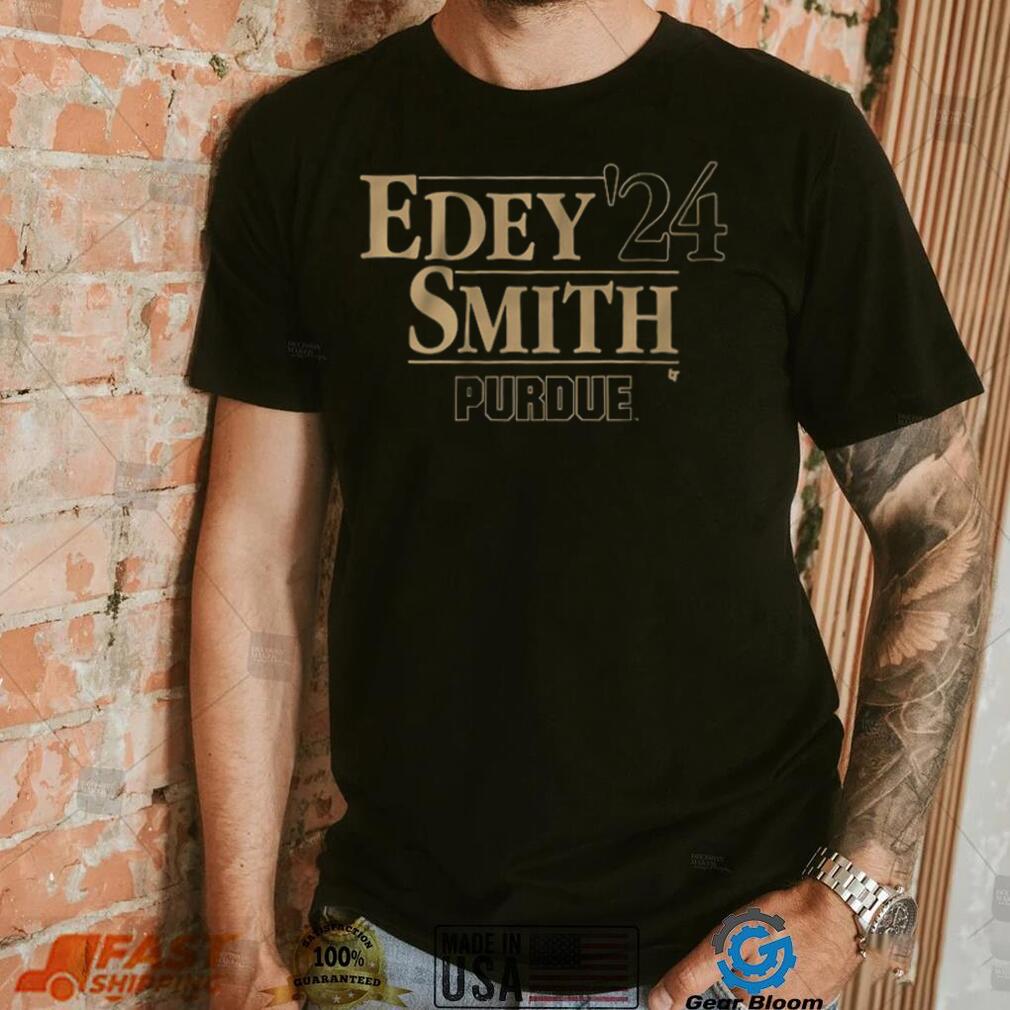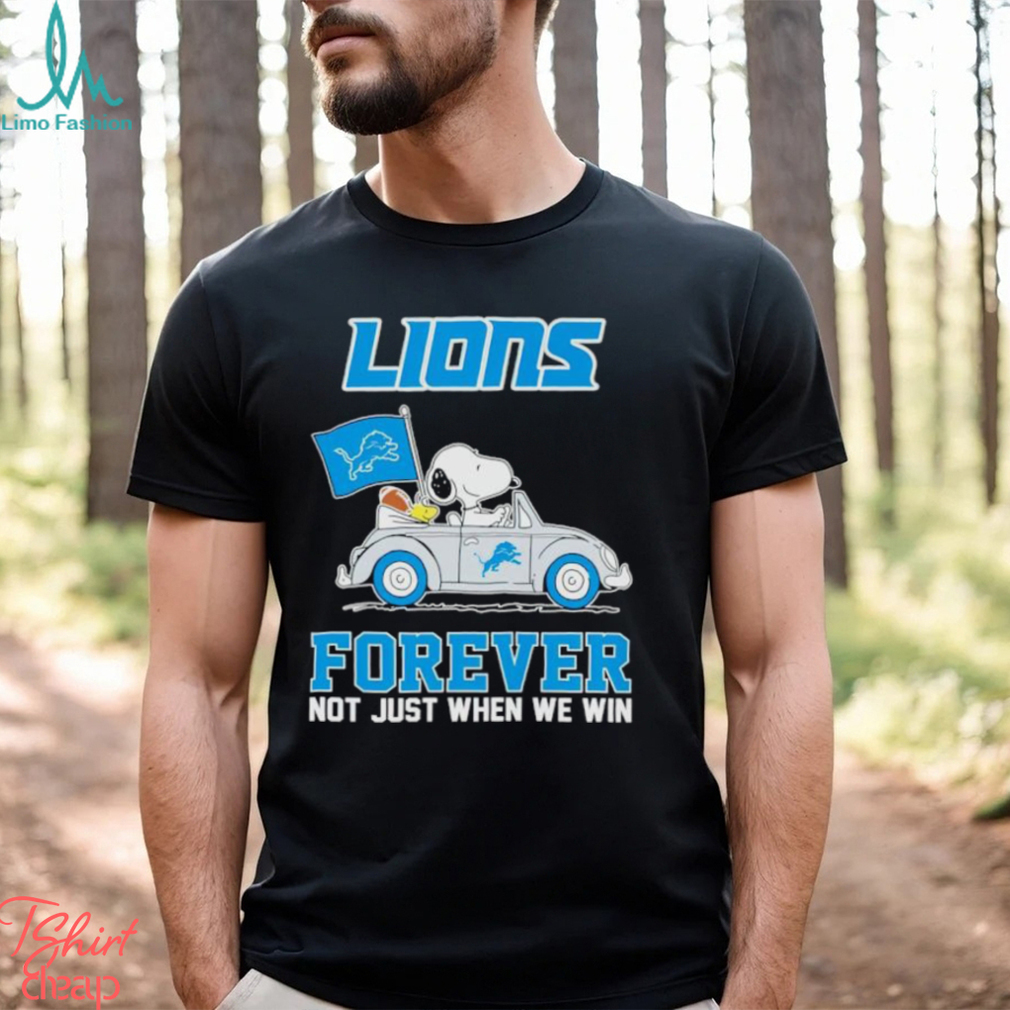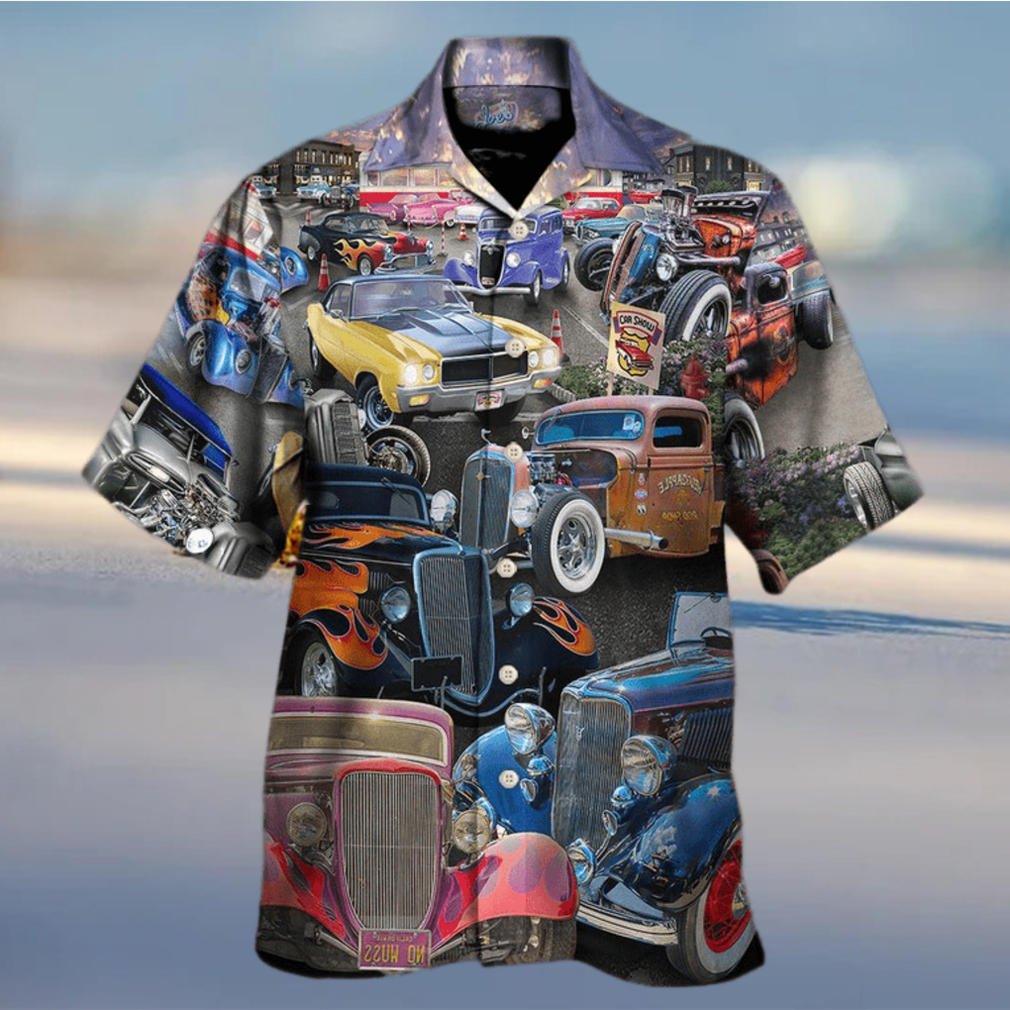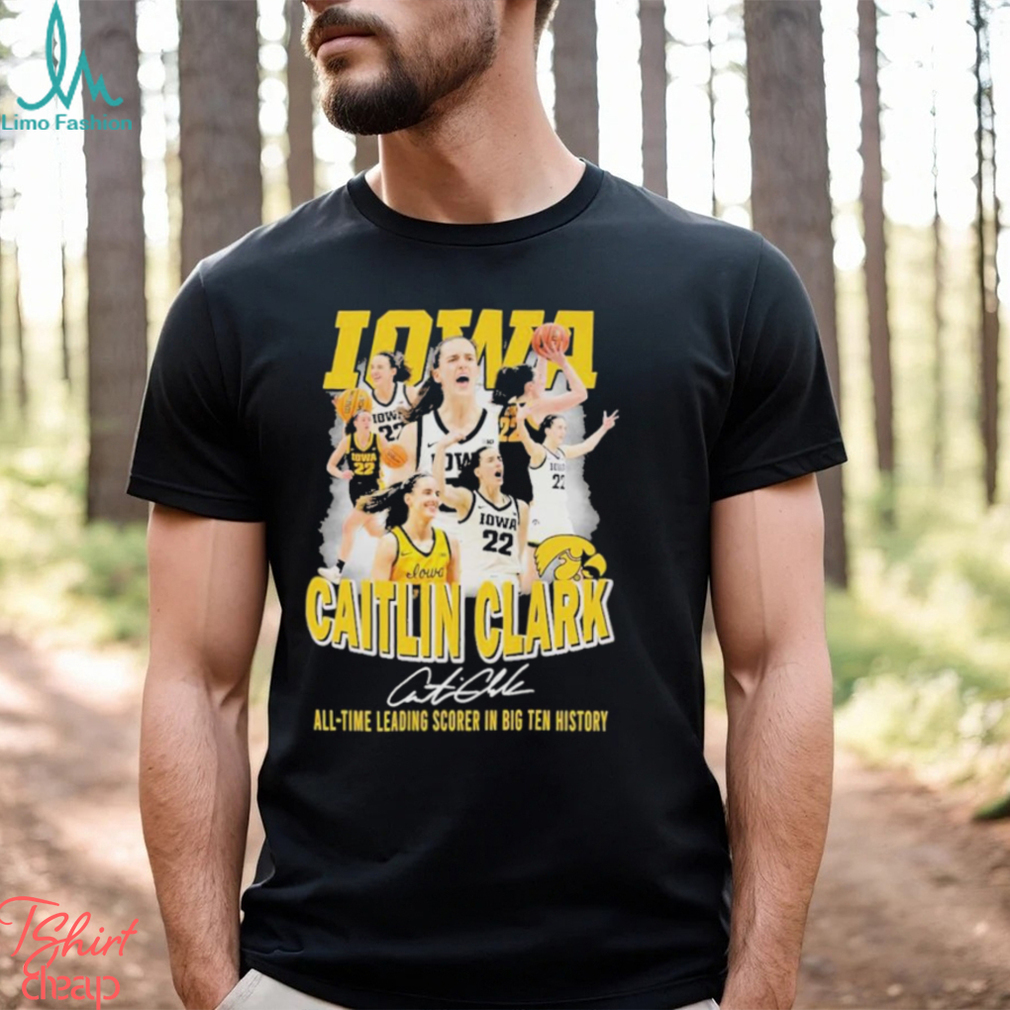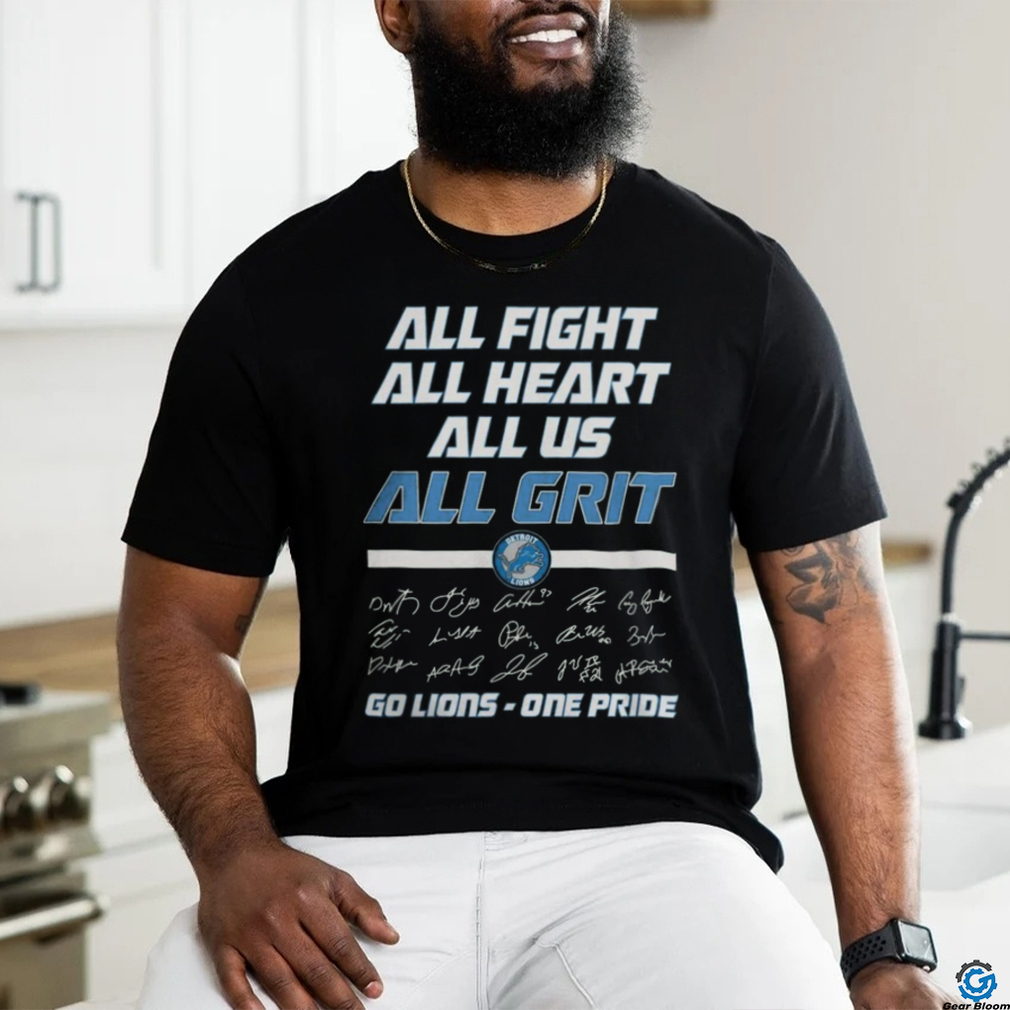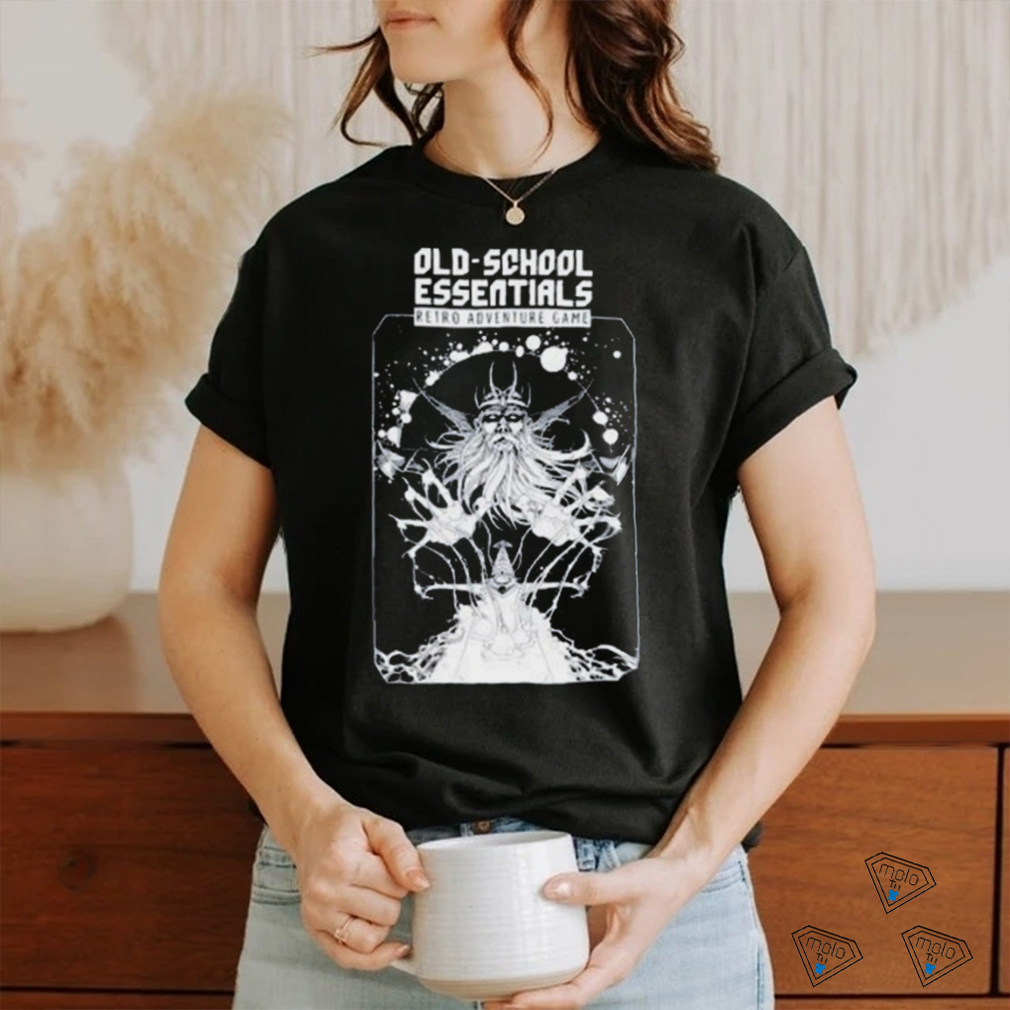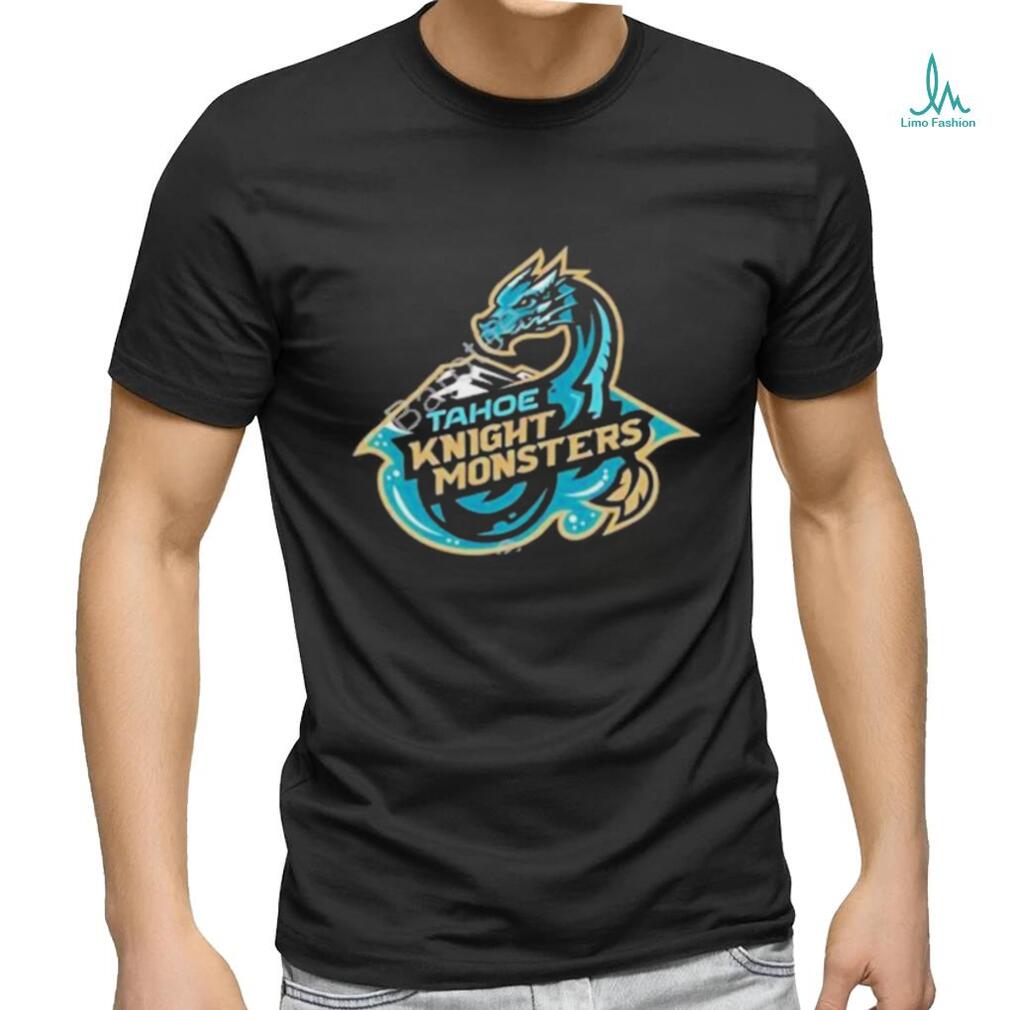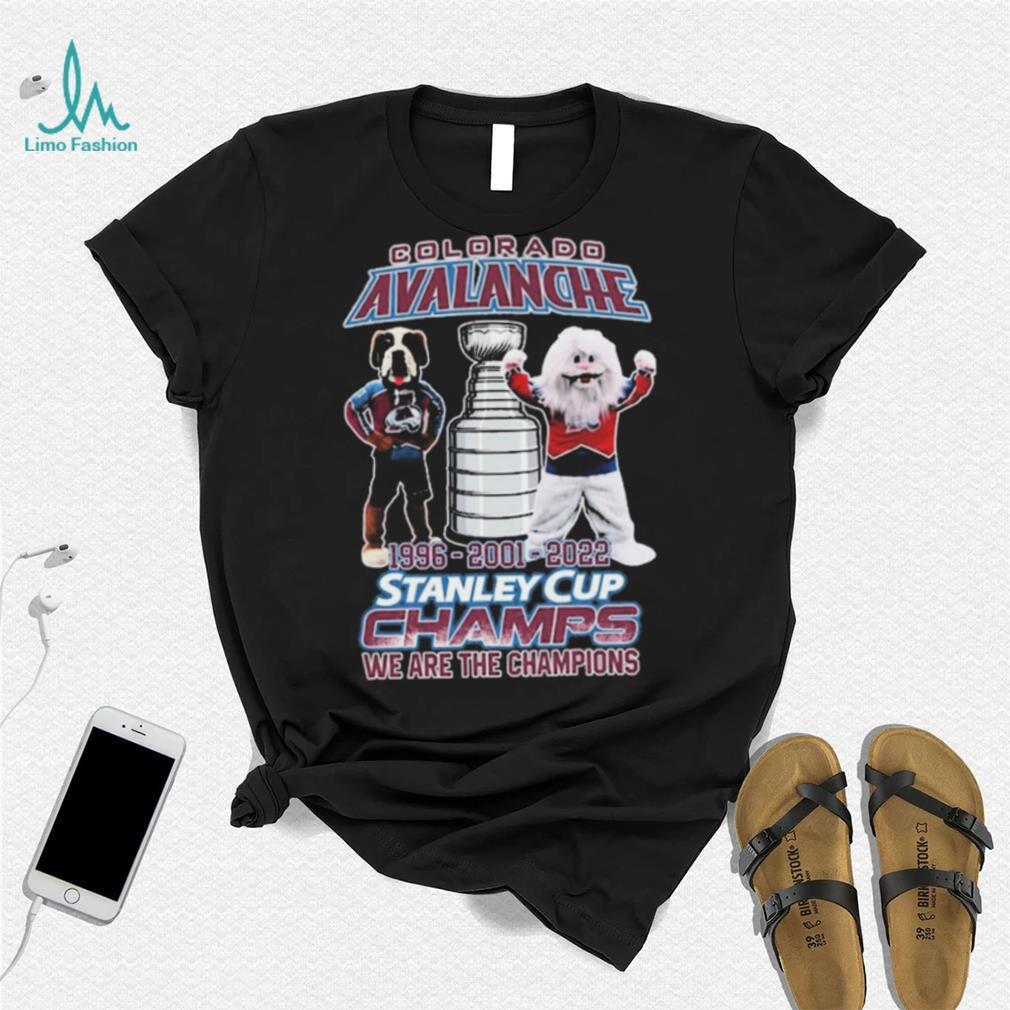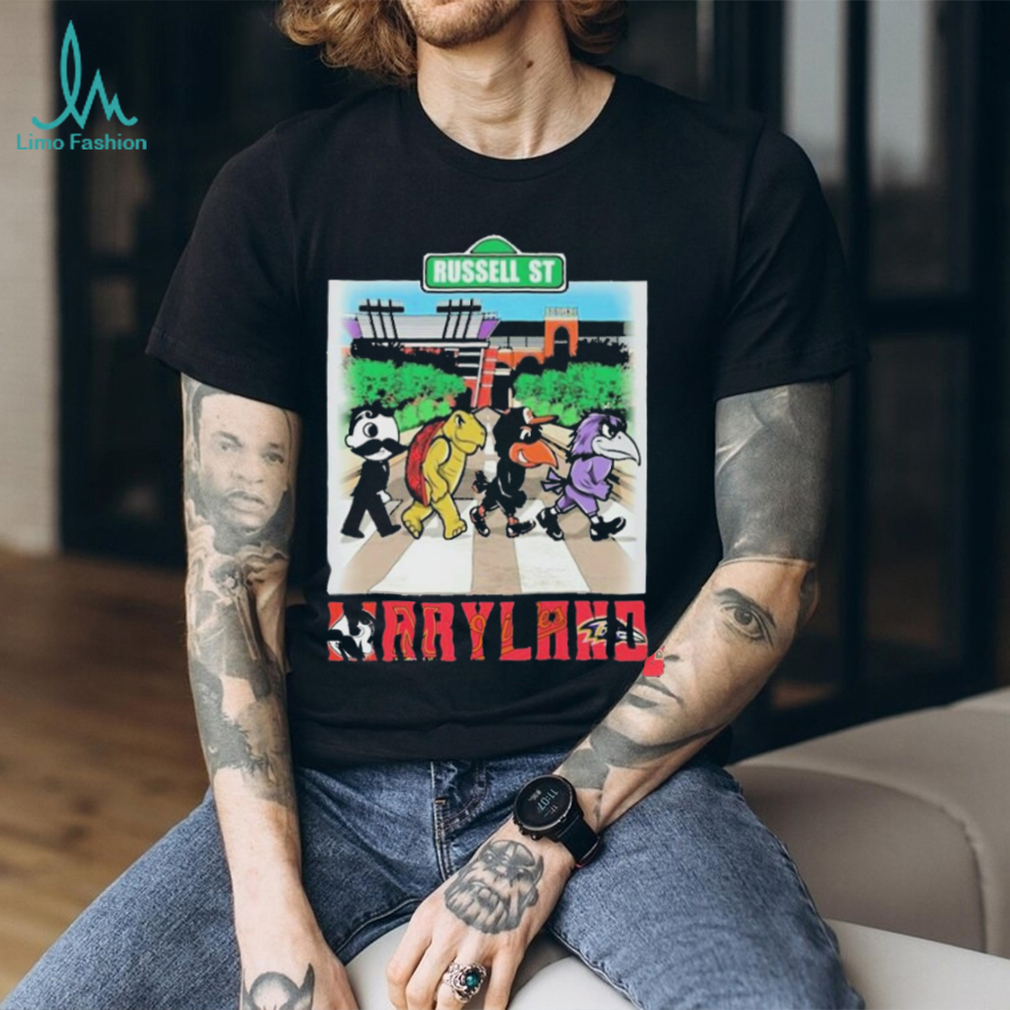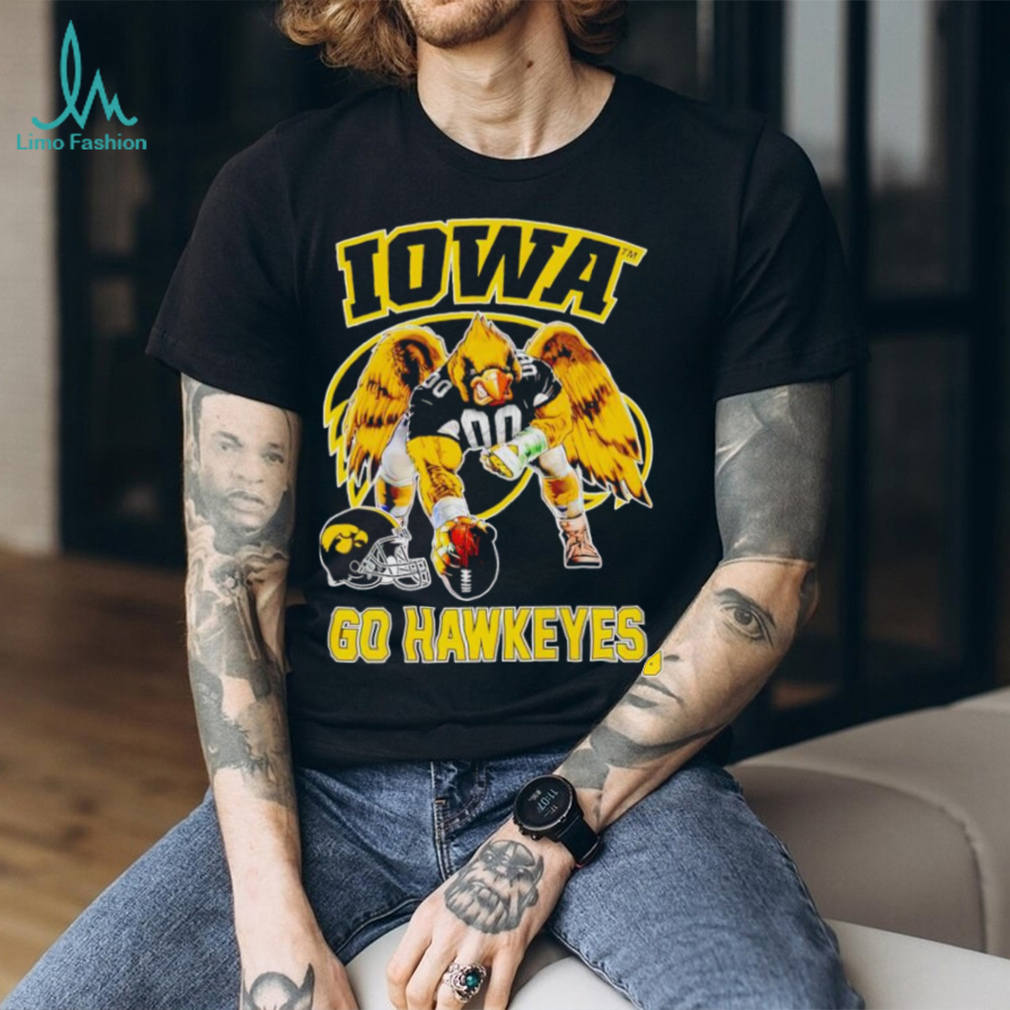Shirt looks good. It is soft and comfortable to wear.
Bought this for my grandson the t shirt fabric looks like it is made well and the graphics are cute, he loves it.
The shirts are everything we expected. Thank you.
T shirt arrived quite quickly and is of good quality with good printing. Great product!
Original Dallas Cowboys Vs Washington Commanders Happy Thanksgiving November 23, 2023 At’t Stadium T shirt
I received my order yesterday. I do love the shirt. I did have some issues with receiving my order. First tracking number I was given showed my order was delivered to wrong address. It took a couple of days to get any response or help regarding this. But the issue was thankfully resolved and I did receive my order. I was worried that I wasn’t ever going to get it.
I am very happy with this Kakashi Christmas sweater. I had tried two other sellers but never received the sweater, but I did get my money back that I paid at the time. This site was my last attempt to try to get the sweater and boy am I happy when I got home on Tuesday with the other sweater with Kakashi on it. I really found this website and you really deserve a big 10 rating. Now I can wear Christmas with a big smile. I'm really happy with it.
I am so very happy with the sweater I received on Tuesday with the other Kakashi Christmas sweater. I tried to order these two sweaters from 2 other sellers, but I never received them, but I did get the money back that I paid for them. This was my last chance to try to order and I'm so glad I received the sweaters. I'm really glad I found this website and got my sweaters. I can wear it for Christmas with a big smile on my face. You really deserve a big 10 out of 10. Thank you very much.
I order the Charlie Brown Halloween Hawaiian shirt on Oct 4. According to Limotees, the order was fulfilled on Oct 10. It arrived on Nov 4… a bit late for Halloween. Fortunately there will be a Halloween next year and so on. I like the shirt, but don’t expect it to show up for a while after you order











